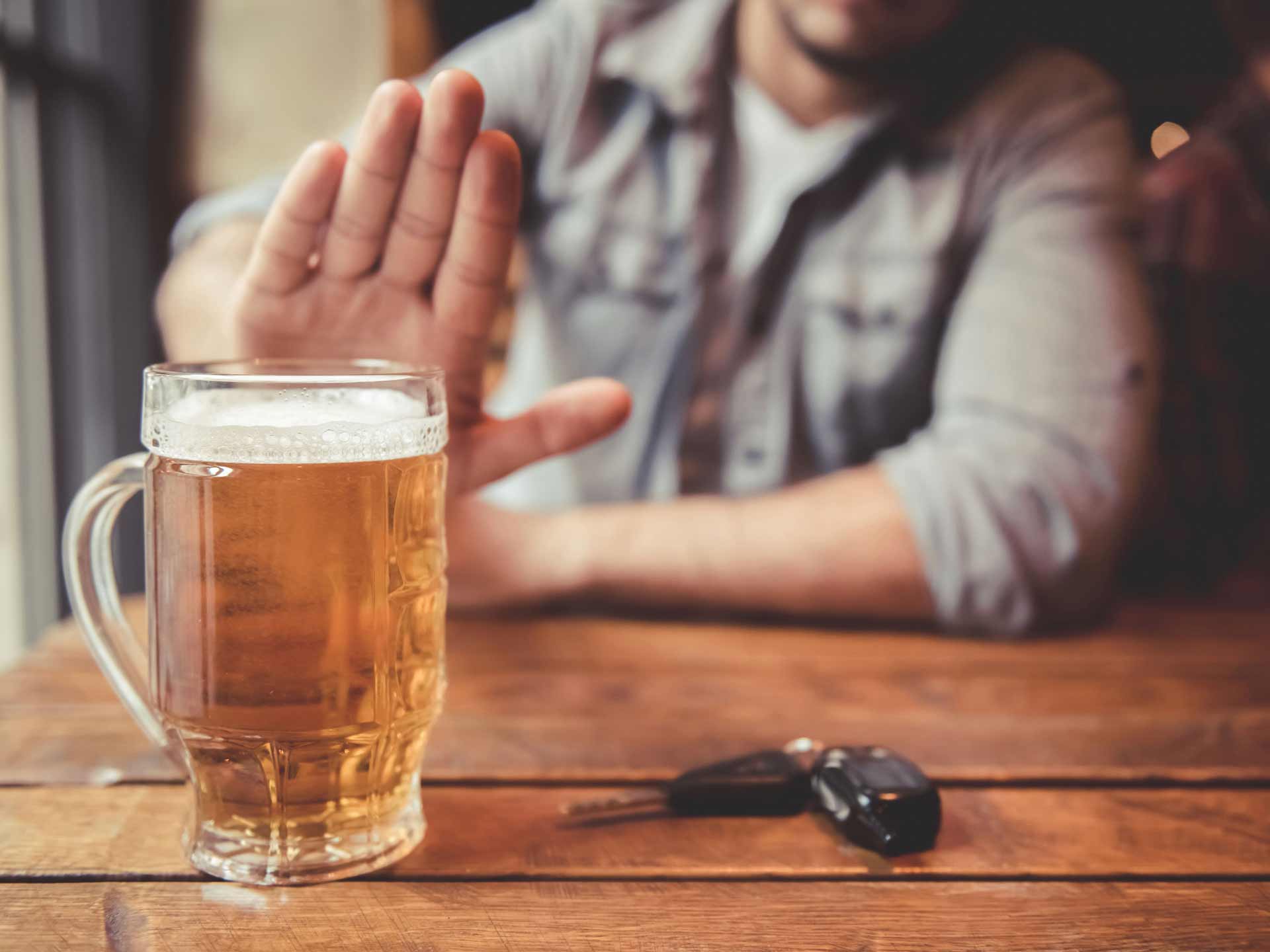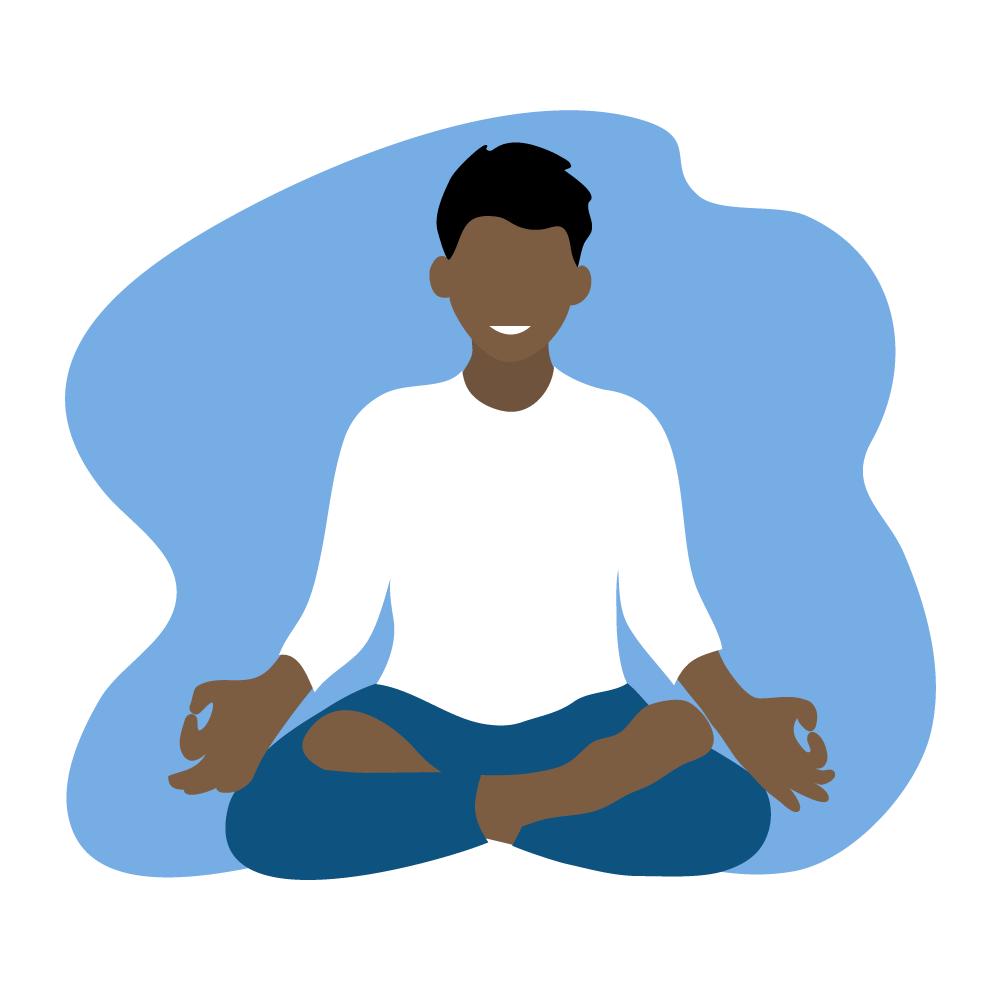
What do you do when you have “one of those days?”
You know the kind I’m talking about. The anxiety-stirring, anger-inducing days that you can only describe with language that would make grandma blush.
Some days I choose how to cope with stress wisely. On others, I choose eating my feelings, anger-binge-watching, or procrastinating to the point of madness.
The reality is, we all deal with stress and look for different ways to cope with it. But a big one is the kind that comes from a bottle, a glass, a can, or a tap--alcohol.
Drinking alcohol goes all the way back to China in 7,000 BCE. A few thousand years later, cultures around the world had their own versions of alcoholic beverages. With that kind of history, it’s no surprise that alcohol is such a large part of our society today.
Unfortunately, heavy drinking, which we often do as a way to handle stress, is also a large part of our society- as is alcohol abuse.
Data from the World Health Organization (WHO) shows that “40% of drinkers have at least one heavy drinking episode per month” and research from 2016 found “an estimated 283 million people aged 15+ years had an alcoholic use disorder (AUD), representing 5.1% of adults” globally.
The rates of overall substance abuse (including alcohol) are higher for those in certain professions as well. American Addiction Centers cites research showing that:
“Employees of the construction industry, mostly blue-collar workers, have nearly twice the rate of substance abuse as the national average. Around 15% of all construction workers in the United States have a substance abuse disorder compared to 8.6% of the general population of adults.”
With more and more people seeing the negative effects of drinking on people they know or even themselves, events like Sober October offer a way for people to reevaluate their relationship with alcohol.
What is Sober October?
Sober October is a month-long event that encourages people to avoid drinking alcohol, which originally started in 2014 as a fundraising event for Macmillan Cancer Support. In October 2020 over 60,000 people in the UK participated and raised over 3 million UK pounds in the process.
Today, people from all over participate and share the creative ways they avoid alcohol. They even share their no-shame slip ups on social media using the hashtag #SoberOctoberFail. And for those that want to redeem themselves, there’s also Dry January.
Yes, Sober October is a chance to have some fun coming up with alternatives to drinking, but at the core there are real benefits of taking a break, especially when it comes to drinking when stressed.
What Does Drinking Due to Stress Do To Our Mind and Body?
A stiff drink can make you feel better in the moment, thanks to endorphins and serotonin. But alcohol is a depressant.
If you've ever felt sad or irritable the day after a night of heavy drinking, then you’ve experienced this “downer” effect. Not to mention the other crappy effects of increased alcohol intake like digestive issues, sleep problems dehydration and sometimes, short-term memory loss.
Using alcohol to cope with stress like a project gone awry, or money lost on a bad job might feel good in the moment. But it can actually make us feel worse. It wreaks havoc on our physical and mental health and can even predispose us to alcohol dependence long-term. We have our own chemistry to blame for that.
Studies have found that when we drink alcohol, our bodies in fact, release a stress hormone called cortisol. Cortisol impacts the brain’s reward and pleasure systems. When we start drinking, we often feel like we need to consume more to achieve the same effect. Cortisol can also promote habit-based learning, which increases the risk of habitual drinking.
And other research suggests, “people who drink to cope — as opposed to drinking for pleasure — have a higher risk of developing AUD,” which comes with serious health complications like liver disease, heart failure and stroke.
So what can you do instead of hitting the bottle when you’re having “one of those days?”
Simple Stress Management Techniques for Sober October

Start by practicing self regulation over dysregulation. What the heck does that mean? Here’s the gist:
When we’re stressed out, we’re dysregulated. Our body releases cortisol and adrenaline, and our sympathetic nervous system goes into overdrive - AKA the, “fight or flight” response.
Instead, self-regulation helps us stay in our window of tolerance. AKA the, “I got this!” response. So how do you regulate? Check out these tips.
1. Body Scan
Get comfortable and take a few slow, deep breaths. While focusing on your breath, pick a spot on your body and bring your awareness to how it feels in that moment.
If you feel any pain, discomfort or tension, notice it but try not to judge it. Simply feel it and then move on to the next part of your body until you’ve worked your way from your head to your toes.
This exercise helps you come back into the present moment, which is helpful if you find yourself stuck in a cycle of anxious thoughts from stress.
2. Progressive Muscle Relaxation
This coping mechanism is similar to the body scan, but it’s a little more interactive. As you scan, hold tension in each particular area (your shoulders, neck, hands, etc.) for a few moments and then release that tension.
This exercise is beneficial if you carry stress in your muscles and you’ll be surprised to notice how much tension you hold without noticing.
3. Diaphragmatic Breathing (aka, belly breathing)
We all breathe, but most of us don’t breathe as long or as deep as our body really needs, especially when we’re stressed.
When you breathe with your diaphragm instead of only your lungs, you get full use of your lung capacity, which helps you take in more of the oxygen your body needs to function properly.
A study in 2019 even found that, “in people over 18 years old, diaphragmatic breathing lowered stress hormone levels, blood pressure and self-reported stress levels.”
4. The 5, 4, 3, 2, 1 Grounding Exercise
This exercise is another clever way to break free from a stressful thought-loop, using your five senses (or six senses if you're lucky enough to be a fortune teller).
In your current surroundings, notice:
- 5 things you can see: The sky, your fingers, a sign on the road, etc.
- 4 things you can physically feel: Your shoes on your feet, a pen on your table, a breeze, etc.
- 3 things you can hear: Cars on the street, a bird singing, a commercial on TV
- 2 things you can smell: Coffee brewing, rain falling
- 1 thing you can taste: A mint
So what do I do on the days I actually choose to handle stress wisely?
I take a deep breath. I tell my brain to cut it out and focus instead on the little things that make up this life I have full of opportunity and privilege, trauma and strength, adventure and stability. My breath brings me back to a regulated state and a better perspective.
In fact, stressful situations are also opportunities for either growth or wreckage; I get to choose.
Today, I choose gratitude. And maybe also some ice cream.
If you or someone you know is struggling with substance abuse, you are not alone. Find support with these resources:
Australia: Alcohol and Drug Foundation, 1300 85 85 84
New Zealand: Alcohol Drug Helpline, 0800 787 797
United Kingdom: Drinkline, 0300 123 1110
USA: SAMHSA National Helpline, 1-800-662- HELP (43567)